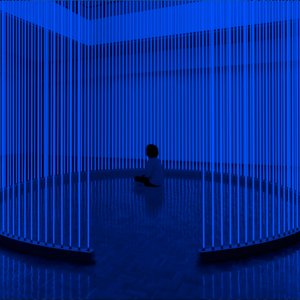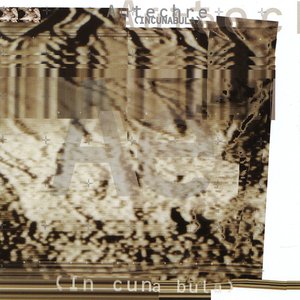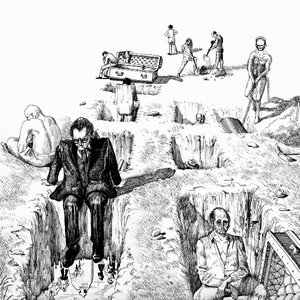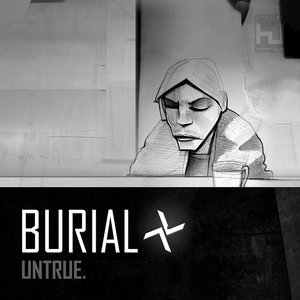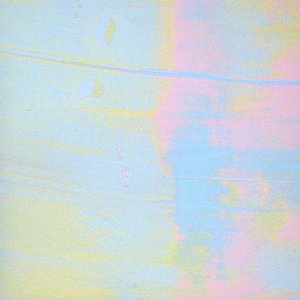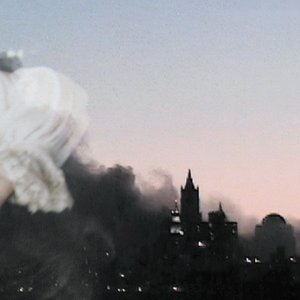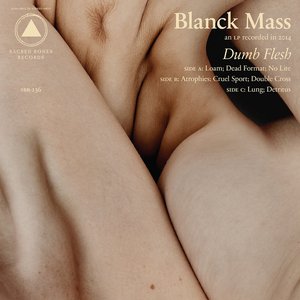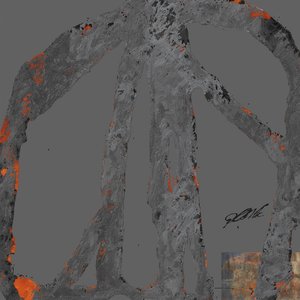Wiki
-
Release Date
26 September 2013
-
Length
10 tracks
R Plus Seven is the sixth studio album by American electronic musician Daniel Lopatin under his alias Oneohtrix Point Never. Released on September 30, 2013, it is Lopatin's first release on Warp Records. The album's musical palette draws heavily on the synthetic sounds of MIDI instruments, 1980s synth presets, and VSTs.
R Plus Seven received critical acclaim, and was included on the year-end lists of several music publications. Its release came alongside several collaborations on visual accompaniment with artists such as Jon Rafman, Takeshi Murata, and Nate Boyce.
Following the sample-based techniques of Replica (2011), which drew on lo-fi audio sources, the recording of R Plus Seven saw Lopatin work extensively with the synthetic sounds of MIDI instruments and presets, synth patches and VSTs, as well as procedural composing methods and spoken word script samples. It is the first Oneohtrix Point Never record not to feature Lopatin's signature Roland Juno-60 synthesizer. Regarding the sonic palette, he explained
I like to be manipulated by the sounds I'm using, and then struggle to find some sort of commonality with those things. When I play a pipe organ or have this like Hollywood choir at my disposal, it's going to tap into some kind of cliché matrix of ideas in my mind, and allow me to wrestle with it."
Lopatin would later describe it as a "calm" record influenced by his experience of "domestic bliss." He also confessed to being influenced by the ideas of object-oriented ontology and the artist Takeshi Murata, specifically “this idea of musical objects – instead of focusing on music, thinking of sounds as these acute choices that are grouped together, that create a sense of place, a cultural sense of contrast a way of giving inanimate objects a kind of secret life.”
The cover art is a still taken from the 1982 experimental film Le ravissement de Frank N. Stein, by Swiss animator Georges Schwizgebel. The album title is a reference to the French procedural writing technique Oulipo, which can involve the "N+7" technique of replacing any noun with the seventh one to follow it in the dictionary.
Album descriptions on Last.fm are editable by everyone. Feel free to contribute!
All user-contributed text on this page is available under the Creative Commons Attribution-ShareAlike License; additional terms may apply.

